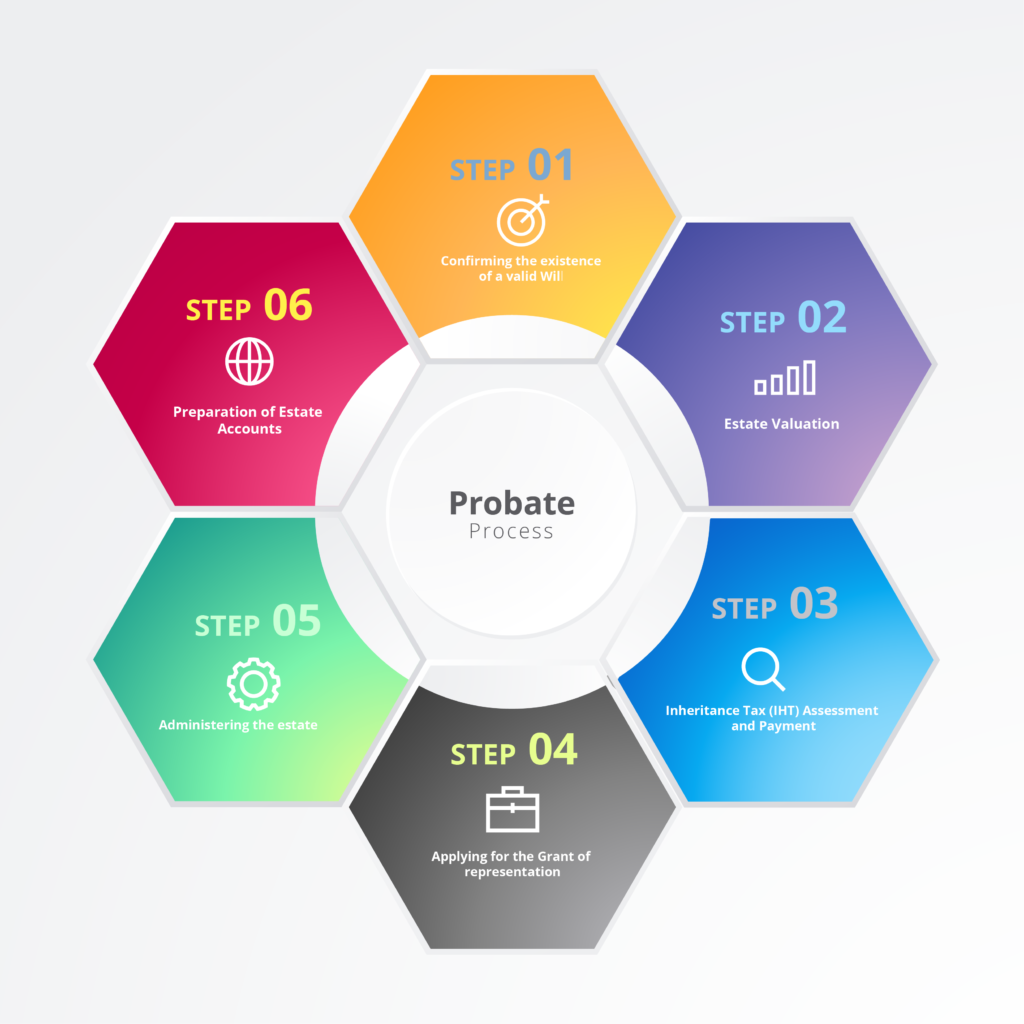The Probate Process
The nature of the probate work will be determined by whether the deceased left a Will or died intestate (no Will at death). The probate process can be very time consuming and involves complicated legislation and financial information, which can be very daunting if you’re not used to dealing with such matters.
An existing client?
If the deceased was an existing client of Marcus Bishop Associates we would already have operational knowledge of their financial circumstances. Our relationship may have involved:
- preparing annual personal and/or business financial statements and tax returns;
- regular business meetings to discuss personal and business financial affairs; and
- established an operational relationship with their family.
This is key when having to go through the probate process.
Furthermore, we can simplify the process as we are likely to have some details of their finances, assets and business dealings. This can save the family time and money when it comes to preparing the necessary paperwork for the Probate Office and HMRC
The standard six stages that we undertake are as follows:
1. Confirming the existence of a valid Will
- Liaise with the family to ascertain a copy of the Will from the deceased’s records, or request a copy from their solicitor or bank, or;
- If a will was not in place, identify and advise the next of kin who can take on the role of administering the estate.
2. Estate Valuation
- Identify, value and record all the UK assets owned by the deceased
- Identify, value and record all the UK liabilities of the deceased
- Identify, value and record all the non-UK assets owned by the deceased
- Identify, value and record all the non-UK liabilities of the deceased
3. Inheritance Tax (IHT) Assessment and Payment
- Complete the inheritance tax (IHT) forms for Her Majesty’s Revenue and Customs (HMRC) including giving valuations of all the deceased’s assets and calculating how much tax there may be to pay.
- Submit the completed forms to HMRC.
- Pay IHT and/or agree payment plan with HMRC.
4. Applying for the grant of representation
- Completing the probate application form.
- Sending the above forms and relevant fees to the Probate Office.
- Swearing an oath that all the information provided is correct to the best of your knowledge, that you are entitled to take out the grant and that you will administer the estate in accordance with the law.
5. Administering the estate
- Sending copies of the grant of representation to the deceased’s bank and other asset holders.
- Advertising for creditors to come forward with any outstanding debts the deceased owed them.
- Liquidating the assets to provide funds to pay debts, taxes and the beneficiaries of the estate.
6. Preparation of Estate Accounts
- Drawing up financial accounts which show all the transactions coming into and going out of the deceased’s estate.
- Distributing the assets to the beneficiaries as highlighted in the will, or as deemed by law if there isn’t a will.

